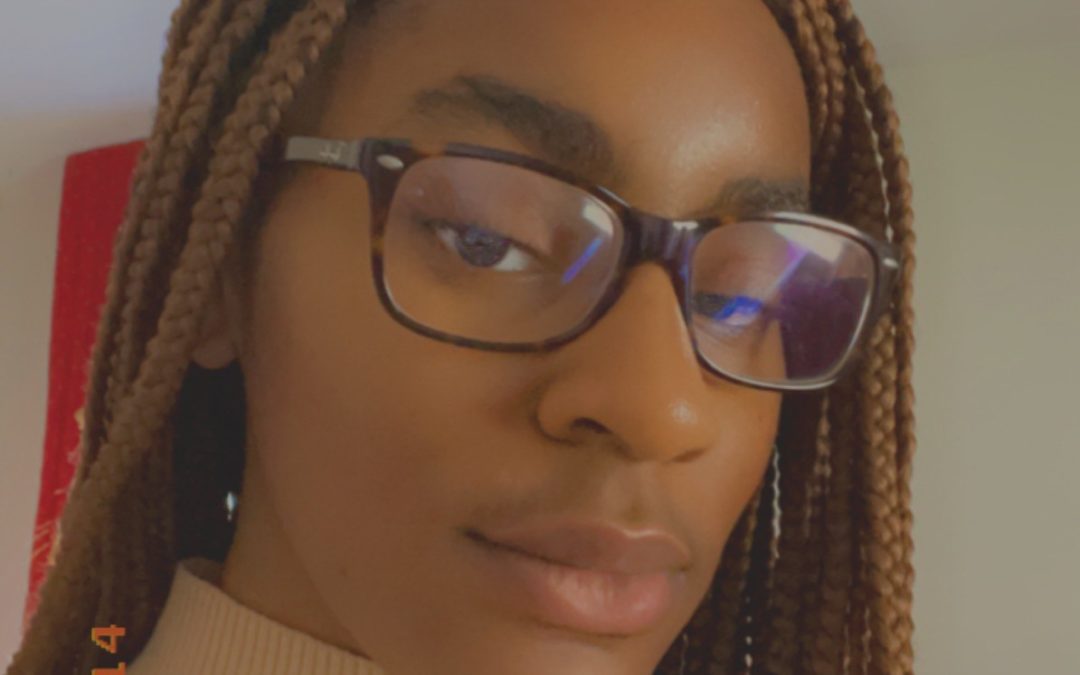As a member of the Black community, I have noticed a stigma towards mental health. Mental health has been perceived as a sign of weakness, and people fear the thought of being judged for having a mental health condition. But why? Where does this come from? The Mental Health America organization states that due to the history of slavery and racism, Black people have often been associated with trauma and violence, which makes them believe they might suppress their negative emotions to appear “strong” to others, especially their White counterparts. When putting this into perspective, it gives a great explanation for my drive to push mental health awareness in the black community.
Knowing that a Black person’s mental health concerns are treated differently compared to a person of another race made me upset. I find mental health to be one of the most essential aspects of an individual’s life as it affects how they think, feel, and act. Many people struggle with mental health, so we must ensure that everyone receives support and resources regardless of their background. However, it seems that the mental health community lacks both diversity and inclusion. Seeing how mental health has been looked down upon in the Black community for many years, it is clear that there is an unaddressed gap between the Black community and mental health.
During this summer, I began to educate myself on mental health and its importance. I also educated myself on how mental health affects the Black community compared to other communities of a different race. While researching, I learned that Black youth are at a higher risk of mental health issues. With this realization, I want to be able to help spread mental health awareness among the Black community. I believe for me the best way to achieve this goal is to start in my school community. Hearing how my school counselor was hoping to create a meditation-related group for students, I decided to partner with her to expand her plans. With much thought and designing, we will create a program through the Health Professions Affinity Community program, also known as HPAC.
HPAC is a health professions pipeline program that promotes students to identify health concerns in their community. The students then develop a program with community resources to address the health concern, enact the program with partners and resources, and assess the impact of the program on the community. My project will be called “Just Breathe,” and it will aim to promote mental wellness among Black students by allowing them to engage in mindfulness activities like yoga, meditation, and talking circles. My project will not be limited to just Black students as all students are welcome, but Black students are encouraged to join.
I will hold a session of “Just Breathe” every Wednesday after school, from 3:30 to 5:00 pm. At each session, students will participate in either yoga sessions, meditation sessions, breathing exercises, or a discussion circle about their stresses or mental health. For each session, I will bring in a guest speaker to either guide a discussion circle or host a yoga or meditation activity. As my high school has close connections with Case Western Reserve University, I can contact Psychology graduate students or professionals from the university to come in for a session. And if needed, I can ask my school counselor to help host a session. By hosting these sessions, students will find themselves relieved from stress or will gain improvement of mental issues.
With the pandemic still around, some students are reluctant to put themselves out in public for too long due to the possible health risks of COVID-19. While schools are moving back to in-person learning, I do intend the “Just Breathe” sessions to be in-person as well. However, I am also mindful of the people who prefer to stay at home for their safety. Because of this, I will also plan to create a website that provides videos, links, and resources to teach students about mental health importance among the Black community and engage in online meditation or self-reflection practices. My counselor will provide help creating this website, and I will contact the graduate students and professionals from Case Western to see if they are willing to film a video of them holding a meditation session or self-reflection practice, and they can provide their contact information for students to contact them if they need extra support. With this website, students will have easy access to resources to learn and reach out to about mental wellness among Black teenagers and pre-recorded mindfulness activities they can come back to anytime they want.
HPAC makes me excited for the possibility of making a positive change in the students’ lives, especially my Black peers. Mental health has been dismissed among Black people for too long, and I want my Black peers to know that their mental health matters too.


